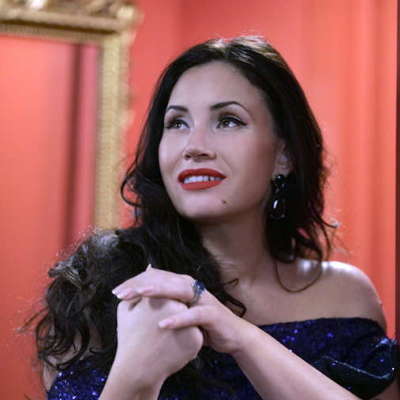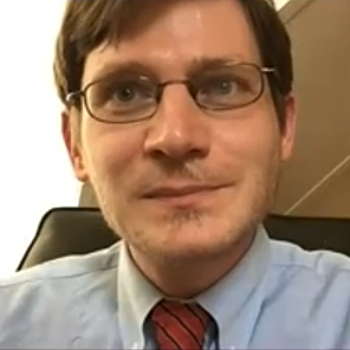 DISCUSSION: Defining Our Field - what is 'classical music' to us, why are we involved and what can we learn from our differences? Read John Dante Prevedini's essay, watch the panel discussion and make your own comments.
DISCUSSION: Defining Our Field - what is 'classical music' to us, why are we involved and what can we learn from our differences? Read John Dante Prevedini's essay, watch the panel discussion and make your own comments.
Exhilarating Final Moments
Opera North's live streaming of Beethoven's 'Fidelio' impresses MIKE WHEELER
In spite of endless searches for the right libretto, Fidelio was the only opera Beethoven wrote. Opera North's concert performance confirmed the impression that it was, in fact, the only opera he could have written. So many strands in the scenario suggest his personal involvement. Resistance to oppression and liberation from unjust imprisonment was one cause dear to him. A husband and wife who share an unbreakable bond was another – his personal quest for such a partner was as fruitless as his hunt for other librettos. And as tenor Toby Spence suggested in the pre-show discussion, Beethoven may well have seen the darkness of Florestan's confinement as analogous to his own encroaching deafness.
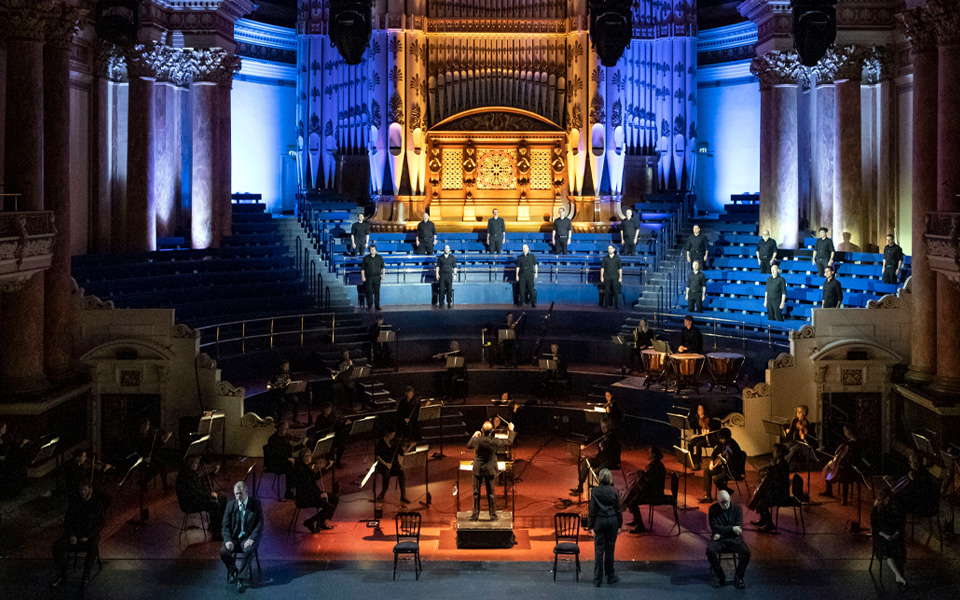
A scene from Opera North's Fidelio at Leeds Town Hall. Photo © Richard H Smith
Opera North staged a fine production of Fidelio back in 2011. The new version was a one-off concert performance, streamed live from Leeds Town Hall – Leeds, UK, 12 December 2020. The small orchestra and chorus were suitably distanced around the stage and choir seats. The subtle changes of Mike Lock's lighting heightened the atmosphere – illuminating the Act Two dungeon scene from below was particularly effective – and Peter Maniura's livestream direction was always appropriate, never intrusive.
Like the chorus, the orchestra was reduced in size, using Francis Griffin's pared-down orchestration. But at no time, either vocally or instrumentally, did this feel like a Fidelio on half-power. Conductor Mark Wigglesworth judged the dramatic pacing perfectly: lyricism one moment, tense urgency the next, and those extraordinary moments of dramatic alchemy when Beethoven succeeds in blending the two.
Director Matthew Eberhardt drew such powerfully interactive characterisations from the principals that the artificiality of the concert performance set-up ceased to matter. Rachel Nicholls' Leonore was a carefully-nuanced blend of vulnerability and gutsy determination. During the overture we watched in close-up as she took off her wedding ring, gazed at it intently, then closed her hand over it in a gesture of determination. In her big Act One solo she spat out the opening of her recitative, 'Abscheulicher! Wo eilst du hin?', at the departing prison governor, Don Pizarro, and melted into a heart-breaking mixture of fragility and hope in the aria 'Komm Hoffnung'.
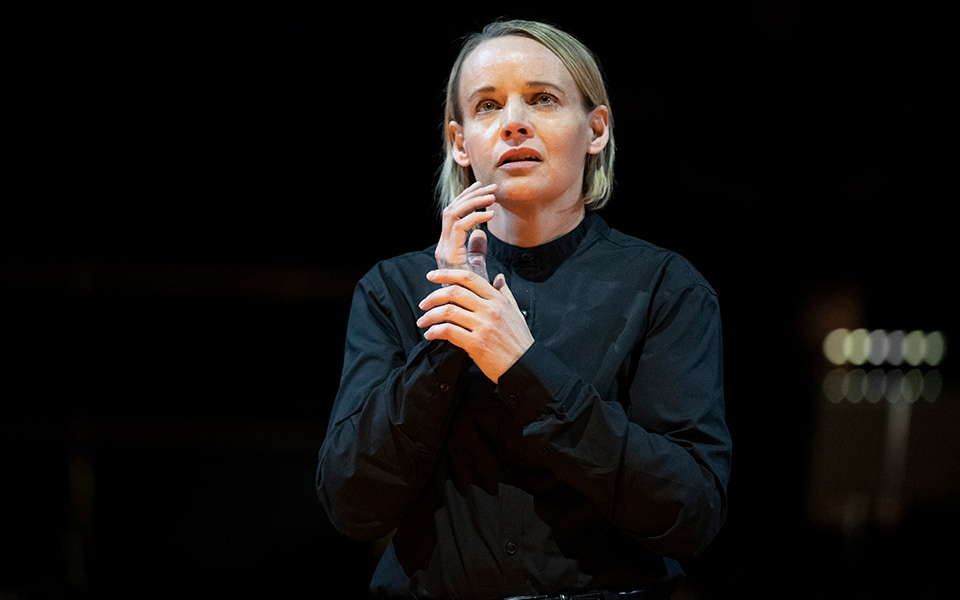
Rachel Nicholls as Leonore in Opera North's Fidelio. Photo © Richard H Smith
As her wrongfully imprisoned husband, Florestan, Toby Spence did not have so much scope for nuanced characterisation, but his portrayal had weariness, despair, and a heroism to equal Leonore's. Where other tenors go into the start of his Act 2 aria, 'Gott! Welch Dunkel hier!', at full pelt, Spence built a compelling crescendo on the first word from almost nothing, just as he turned up the heat gradually in his fevered hallucination of Leonore as a rescuing angel.
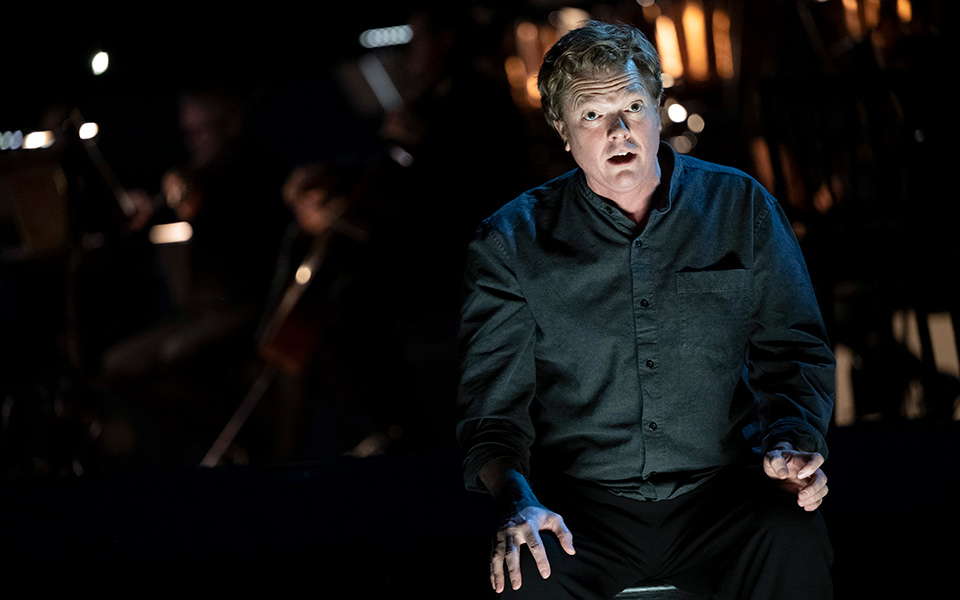
Toby Spence as Florestan in Opera North's Fidelio. Photo © Richard H Smith
Brindley Sherratt's Rocco, the head jailer, tried to hold on to as much of his humanity as he could in the face of Robert Hayward's blustering Don Pizarro. Fflur Wyn, the only member of the cast returning to her role in the earlier production, found a layer of unease beneath his daughter Marzelline's starry-eyed innocence. (Her infatuation with Leonore in boyish disguise is awkward, to say the least.)
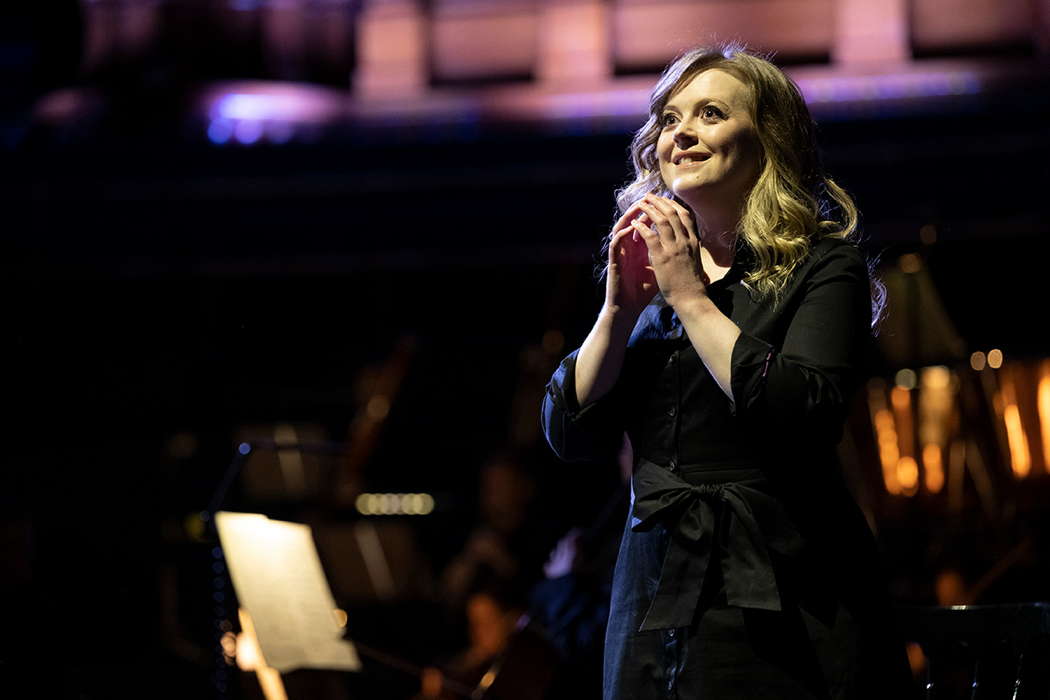
Fflur Wyn as Marzelline in Opera North's Fidelio. Photo © Richard H Smith
Oliver Johnston gave her would-be lover, Jaquino, just enough tiresomeness to be believable, and no more.
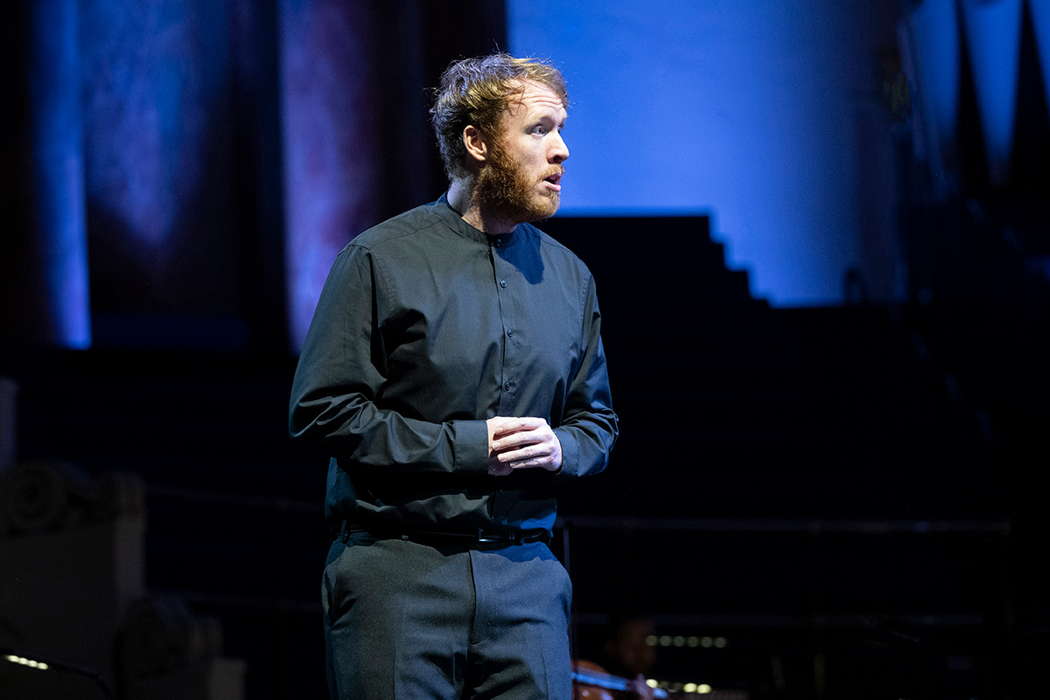
Oliver Johnston as Jaquino in Opera North's Fidelio. Photo © Richard H Smith
The opera was sung in German, with subtitles mercifully free from any stilted turns of phrase. In place of the spoken dialogue, Matthew Stiff, in character as Don Fernando, the state governor whose impending prison inspection sparks the eventual denouement, delivered David Pountney's linking narration, supposedly reading from Jaquino's log recording the events. Mostly this worked well, though the link into the great Act One quartet, 'Mir ist so wunderbar', rushed us too briskly into a number that needs longer preparation, marking as it does such a powerful emotional turning-point.
In the prisoners' few minutes of freedom at the end of Act One, the men of the chorus gave another touching picture of fragile hope, with the orchestra's contribution finding moments of unearthly quiet. Earlier, Pizarro's entrance march was unusually skippy, a picture of jaunty self-confidence about to be challenged. The trumpet call warning Pizarro of Fernando's arrival in Act Two was a genuinely breath-catching moment. The chorus's greeting Fernando's entrance was also brisk, better than trying to give this rather redundant final scene too much weight. The jubilant ending, though, never felt more like a pre-echo of the Ninth Symphony's exhilarating final moments.
Copyright © 15 December 2020
Mike Wheeler,
Derby UK

FURTHER ARTICLES ABOUT OPERA NORTH
FURTHER UK CLASSICAL MUSIC ARTICLES


